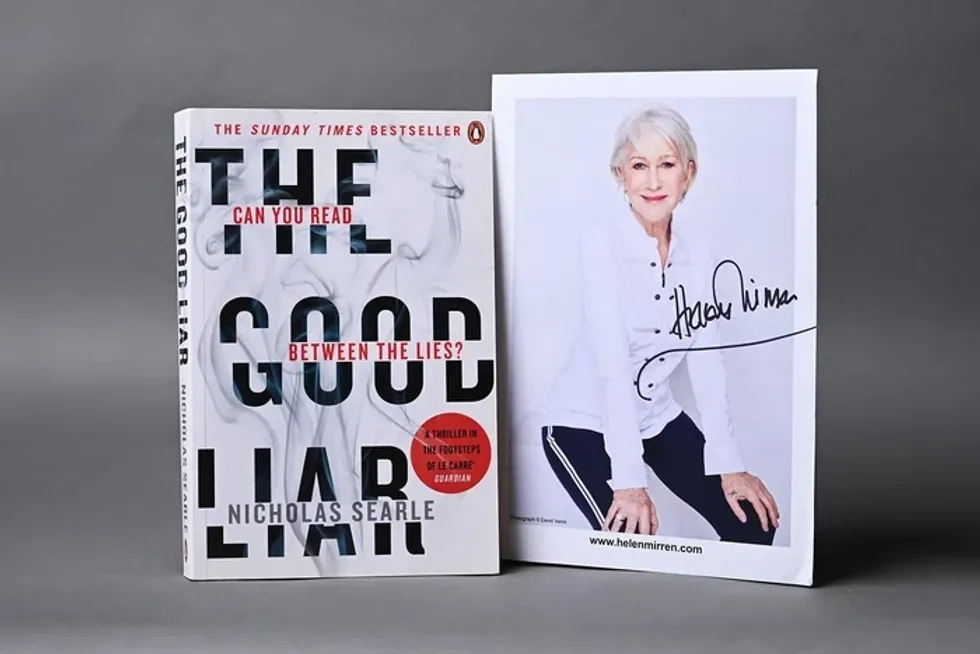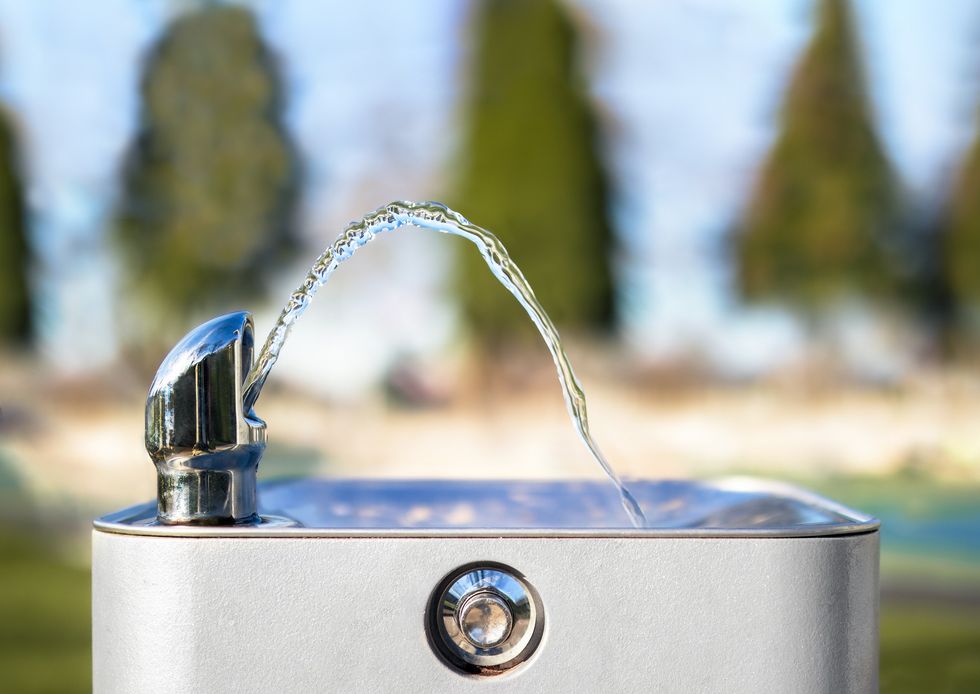A new study of more than eight million children suggests that children born from in vitro fertilization (IVF) that uses frozen eggs may be at a higher risk of developing cancer than those children born through other means. The findings were published in the open access journal, PLOS Medicine.
Prior research suggests that children born after frozen-thawed transfer may have a higher short-term risk of certain medical issues, in comparison to children born after fresh embryo transfer, however, potential long-term medical risks have been less clear.
Researchers looked at data of almost eight million children born in Nordic countries like Denmark, Finland, Norway, and Sweden (since the mid-1980s) of whom 171,000 were conceived after the use of assisted reproductive technology (ART).
More than 22,630 of the technology-assisted births involved frozen embryos, and scientists reportedly found that (48 of these children) went on to be diagnosed with cancer before reaching adulthood – a rate of 30.1 for every 100,000 person-years.
In contrast, the rate of cancers for fresh embryo transfers was found to be just 18.8 per 100,000 person-years.
Scientists state that the risk of cancer was found to be 59% greater for children born from a frozen embryo procedure than a fresh embryo and 65% greater than a natural conception.
Also, leukaemia (cancer of the white blood cells) was found to be the cancer the frozen embryo children were most at risk from, accounting for 23 of the cases.
These children were also more than double as likely as fresh embryo or natural conception births to develop leukaemia, the study found.
The researchers have emphasized that their findings should be interpreted with caution, considering the number of children born after frozen-thawed embryo transfer who later developed cancer was low (48 cases).
They have reportedly said that this could limit the statistical strength of the analysis, even though the study was large.
Official data from the Human Fertilisation & Embryology Authority (HFEA), the organisation within the Department for Health that oversees embryo freezing and fertility treatments, shows that more than 25,000 frozen embryos were transferred in 2020, (46% of all IVF).
However, in 2019, the percentage of frozen embryos was just 41%.
The scientists from the University of Gothenburg have said that though the small number of cancer cases mean the findings should be treated with caution, they also “raise concerns considering the increasing use of frozen eggs.”
However, some experts also feel that, “People who have children born following frozen embryo transfer should not be unduly concerned by the findings because the actual number of children affected by cancer, following frozen embryo transfer, is too small to draw firm conclusions,” said Dr Alison Campbell, chief scientific officer at CARE Fertility Group, who was not involved in the study.
ART allows an embryo to be created from a human egg and sperm in a lab. A young woman often freezes her eggs to enable her to have children later on in life, with her own healthier eggs.
A doctor may immediately transfer the embryo to the uterus of the woman, or, the embryo may be frozen and later thawed before implantation into the uterus, Science Daily explains.
The freezing, storing and thawing of eggs can reportedly cost up to £10,000, depending on the length of time they are kept on ice, informs The Telegraph.
Moreover, the cost may be picked up by the NHS in the event of medical reasons. Also, official guidance in the UK, updated earlier this year said that the eggs can now be stored for 55 years.





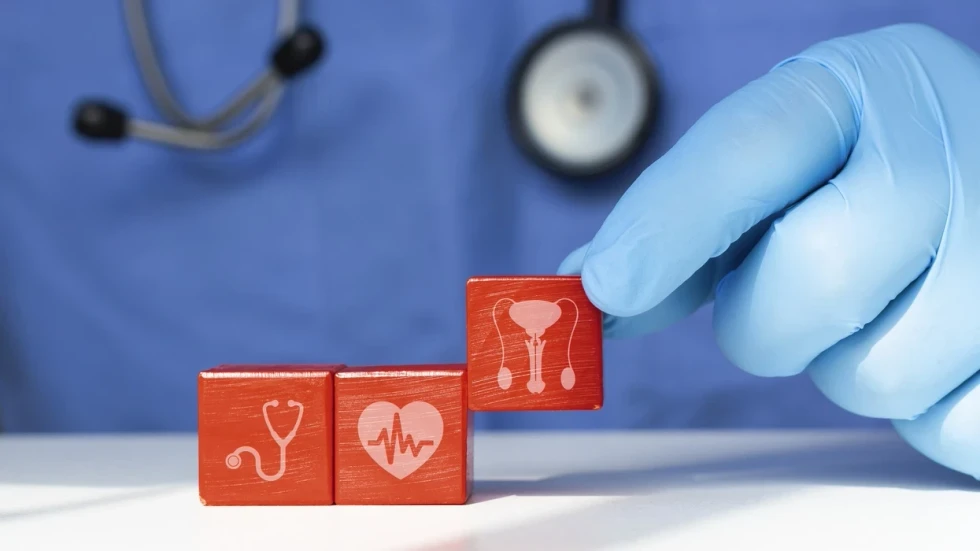
 Post-surgery, Arjun experienced a significant improvement in his physical health /Lepra
Post-surgery, Arjun experienced a significant improvement in his physical health /Lepra



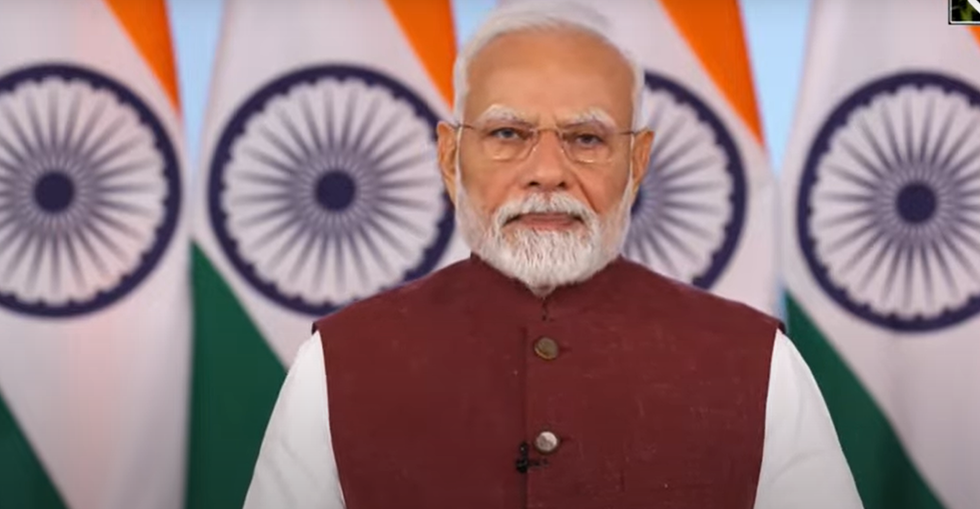

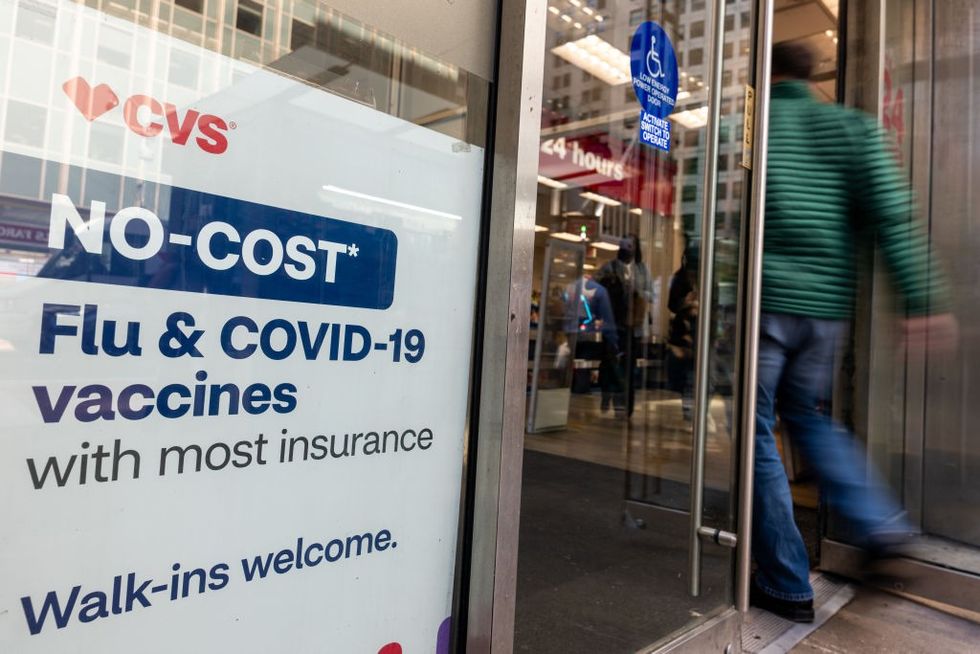
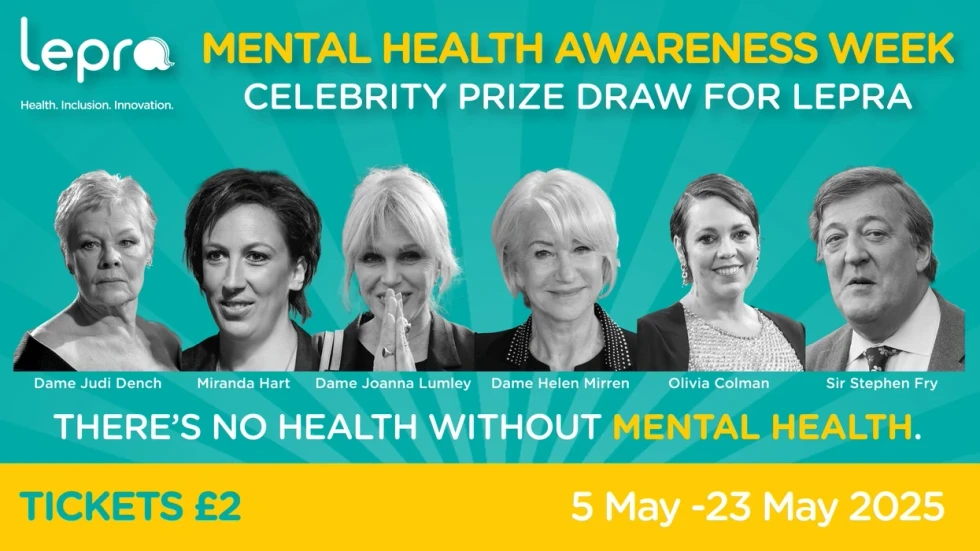
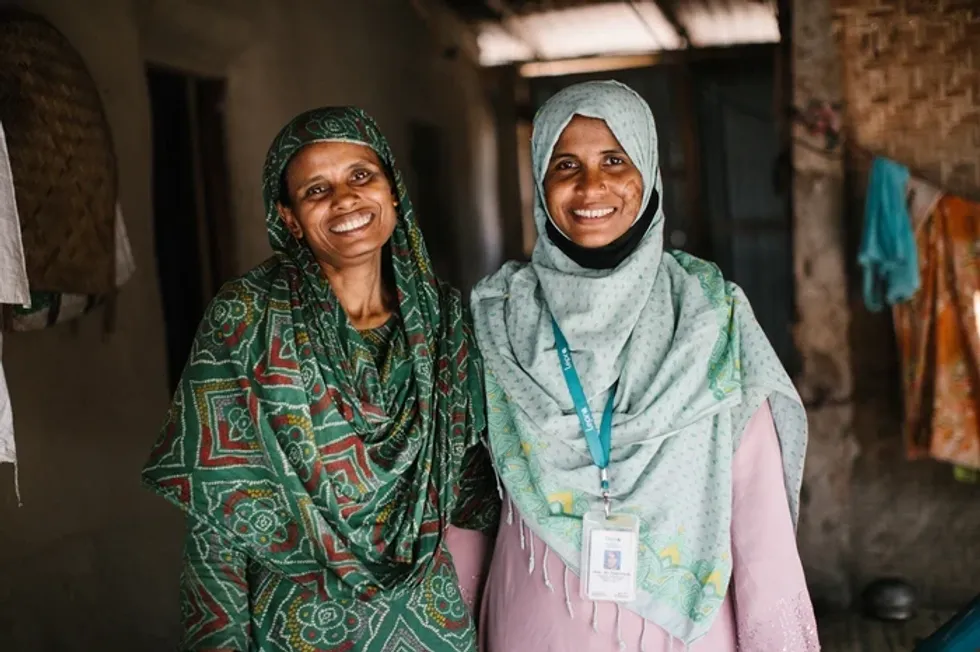 Firoza and Rupali
Firoza and Rupali